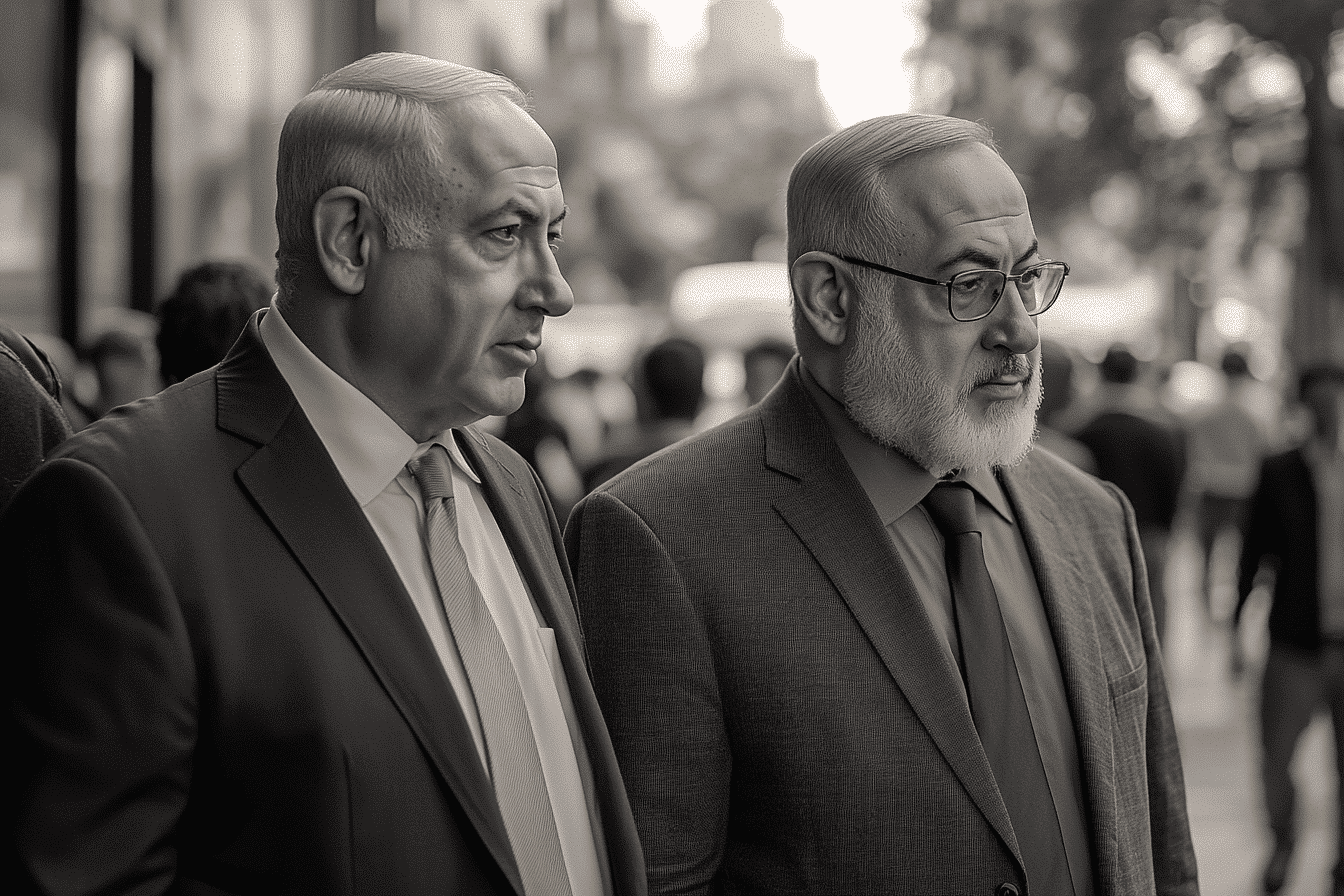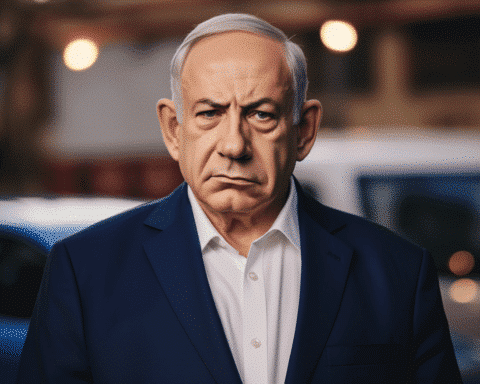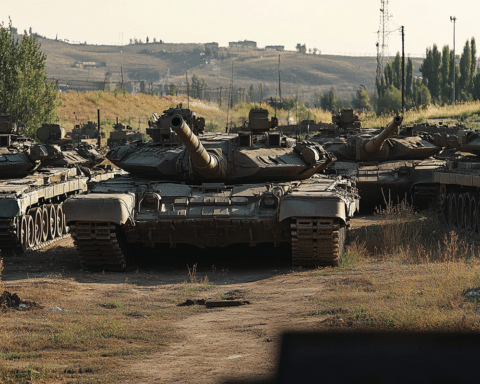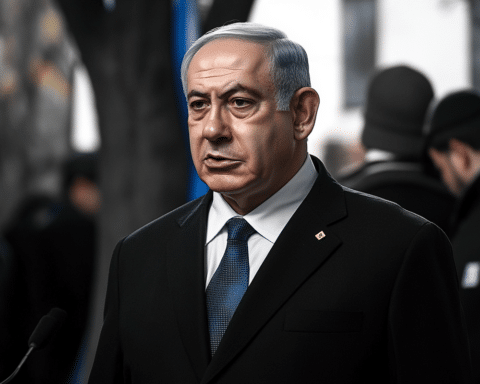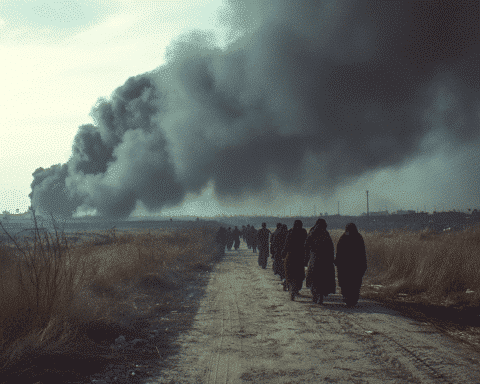In the shadow of the Israel-Hamas conflict, the world watches as two leaders hold the fate of Gaza’s future in their hands. Israeli Prime Minister Benjamin Netanyahu and Hamas leader Yahya Sinwar are the key figures in the ongoing negotiations. Both face immense pressures and have much to gain — or lose — depending on the outcome. But will either of them reach an agreement, or will the cycle of violence continue?
Netanyahu’s Dilemma: Victory or Compromise?
Prime Minister Netanyahu finds himself in a precarious situation. He has pledged “total victory” over Hamas and the safe return of all hostages. Yet, these objectives may be mutually exclusive. With mounting pressure from the families of hostages and segments of the Israeli public, Netanyahu is caught between delivering on his promise of security and facing political fallout. “If we saw Sinwar was serious about getting a deal, that would force Israel and Netanyahu to expose their cards,” said Yohanan Plesner, head of the Israel Democracy Institute.
Adding to the complexity are Netanyahu’s far-right coalition partners, who advocate for a permanent reoccupation of Gaza. This faction has threatened to topple his government if he concedes too much in negotiations. Such a collapse could lead to early elections and further jeopardize Netanyahu’s position, especially as he faces corruption charges and scrutiny over the handling of the initial Hamas attack.
Despite these pressures, Netanyahu may be playing a longer game. A prolonged conflict could provide opportunities for apparent victories, such as the capture or killing of Sinwar or the rescue of hostages. However, this approach carries the risk of increasing Israeli casualties and further isolating Israel on the international stage due to the humanitarian crisis in Gaza.
Sinwar’s Strategy: Resistance and Resilience
Yahya Sinwar, the Hamas leader, is equally determined but operates under different constraints. Sinwar’s bargaining power lies in the hostages he holds. His objectives are clear: a cease-fire, the release of Palestinian prisoners, and assurances that Israel will not reoccupy Gaza. “Sinwar is very much concerned with bringing negotiations to a conclusion, whether with regard to a cease-fire or an exchange of prisoners, because in both cases, Sinwar will have come out as the winner,” explained Nabih Awada, a Lebanese political analyst.
Despite these aims, Sinwar faces significant risks. The ongoing Israeli offensive has resulted in substantial casualties and widespread devastation in Gaza, undermining Hamas’s position. Prolonging the conflict could lead to more hostages dying, increasing discontent among Palestinians, and even his possible assassination. Yet, Sinwar might view martyrdom as an acceptable or even desirable outcome, aligning with the ideological foundations of Hamas.
External Pressures: Limited Influence
International efforts to mediate the conflict have seen limited success. Egypt and Qatar have played roles in negotiating with Hamas, but their influence over Sinwar is minimal. The United States, while a crucial ally of Israel, has shown restraint in exerting pressure on Netanyahu, mindful of its strategic interests in the region. With U.S. election politics in play, President Biden and his administration may be hesitant to push too hard for concessions.
Sinwar might have hoped for broader regional escalation following targeted killings of key figures linked to Hezbollah, but this has not materialized. Both Israel and Hezbollah appear to be avoiding further conflict, focusing instead on their immediate interests.
A Path to Peace?
The cease-fire talks, although ongoing, remain tenuous. While both Israel and Hamas have expressed tentative agreement to U.S.-backed proposals, significant gaps persist. With neither leader showing a strong willingness to compromise, the chances of a durable peace agreement seem slim.
The fate of Gaza and its people rests in the hands of two men who view each other as sworn enemies. As Netanyahu and Sinwar navigate their respective challenges and pressures, the hope for a lasting peace remains uncertain. The world watches, hoping that these two leaders will find common ground for the sake of their people and the region’s future.
